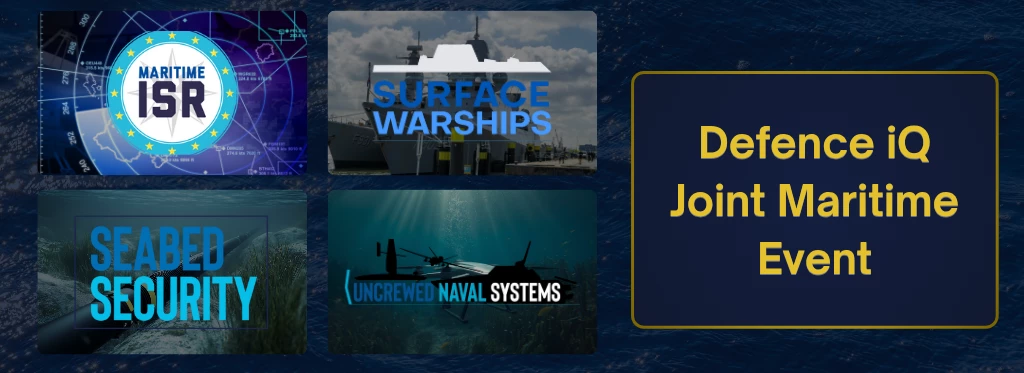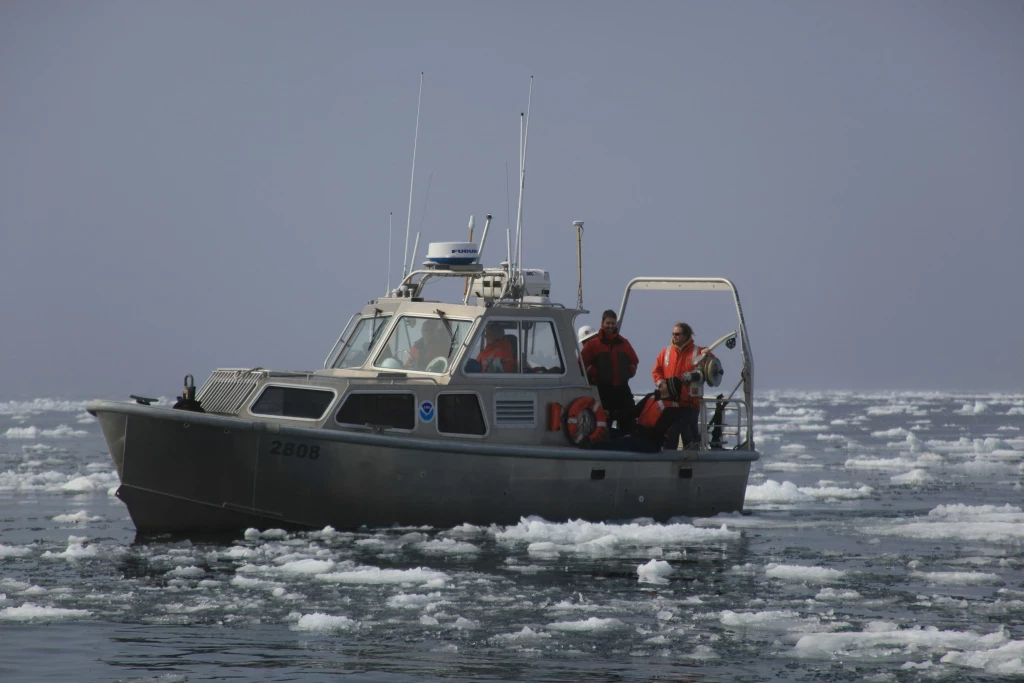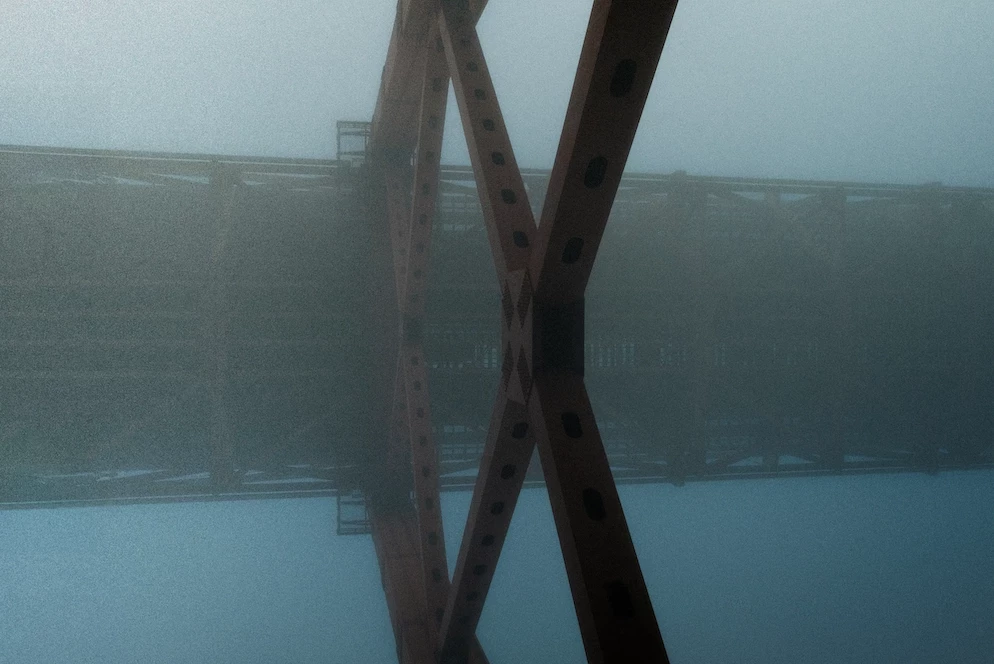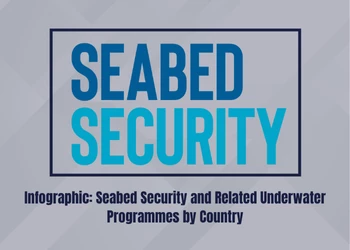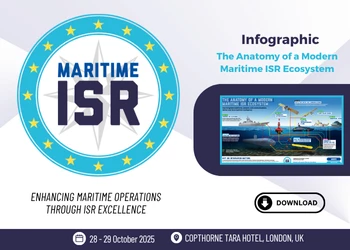Admiral Jorge Montoya Manrique reveals key threats and requirements as Peru invests in frigates and OPVs
Add bookmarkIn this interview, Defence IQ speaks to Admiral Jorge Montoya Manrique, Former Commander, Joint Command of the Fuerzas Armadas del Perú, who is chairing the Warships and OPV Latin America conference in June.
Defence IQ: As a former commander of the Joint Command of the Armed Forces of Peru, what are the main differences between the threats faced 10 years ago compared to today and in the future? How have these threats evolved?
Admiral Montoya: Since the beginning of this century there has been a lot of conjecture about "new threats," but most of these have actually been around since the middle of last century. The most important for Peru include terrorism, drug trafficking, illegal logging and illegal mining. The latter two have caused very serious ecological damage.
During my tenure as Chief of the Joint Command of the Armed Forces, the threat we had to combat most frequently was terrorism. This was chiefly in a 120,000 km2 area of mountains and jungle we call VRAEM (the valley of the Apurímac, Ene and Mantaro rivers). The threat was linked with drug trafficking, illegal logging and illegal mining, using them to fund other activities in exchange for protection.
The fight against terrorism has been successful – we’ve reduced its area of influence and captured and eliminated many of its ringleaders. Faced with this pressure from the State to disrupt these terror groups, some of the members have now chosen to form organised crime gangs, increasing their criminal activities in trafficking, arms trafficking, prostitution, corruption, and especially illegal logging and illegal mining.
We believe that the most important threat is now drug trafficking and illegal mining.
Our legal system has gradually adapting to be more efficient in this fight; for example in 2013 we passed a law to define organised crime and apply strong sanctions to these activities.
In what key ways will the procurement of 6 new vessels help Peru combat these threats in the future? Why was it important for Peru to modernise its frigate fleet?
It is very important for Peru to modernise its fleet for several reasons. The first, and most simple, is the age of its fleet. The average age of the fleet exceeds 35 years.
Another reason is its constitutional responsibility to defend its sovereignty and territory. This is vital to be compliant with other international treaties related to the deployment of forces for Peacekeeping Operations, including its responsibility for the safety of life at sea in the NAVAREA XVI, which covers 3,080km to a depth of 6,500km.
Added to that is another important reason: Power projection in Asia Pacific and protecting our interests in Antarctica.
With a modern squadron of vessels we can meet these challenges and successfully fight the threats that may arise.
Which new technologies are you most excited about in terms of warships and OPVs? What is likely to have the biggest impact on operations over the next 10 years?
Thinking about the tasks ahead, a matter we consider of the upmost importance is value for money. We want to hold on to our naval assets for a long time to maximise cost efficiency. This means that the propulsion systems we choose must be cost effective throughout the life cycle. We do not need high speed capabilities but robust propulsion systems that require long periods between maintenance.
[inlinead]
As for weapons systems, they must be the latest technology. However, we’re not interested in prototypes; they must be proven systems that are compatible with our command and control system. We need medium and long range radar and anti-aircraft missiles. An important aspect for our new platforms is to be able to carry a medium helicopter (approximately 10 tonnes).
In your opinion, what is the state of the OPV and warship market in Latin America? What are the key challenges and how can these be overcome?
The market in the region is really developing. In 2003 there was a joint initiative to build an OPV ship, trying to integrate the production of equipment and systems that are manufactured in our countries. This attempt involved the navies of Argentina, Brazil, Colombia, Chile, Peru and Uruguay, but was unsuccessful.
Almost all countries in the region have shipyards Perhaps a way to facilitate government decisions might be to try implementing regional OPV build projects. For example, one OPV could be built in the supplier’s shipyard and another in their neighbouring country’s shipyard. I’m not sure how it would work exactly, but some method that allows for the development of regional shipyards.
Why do you think OPV Latin America is an important event for the region’s military and industry? What are you looking forward to the most and what are you hoping to get out of the event?
I consider this event to be very important because it allows for direct and personal interaction between the end user and the manufacturers of these vessels. Future crews of these ships will have opportunity to see the new products there and manufacturers will have the opportunity to talk to them, understand how they think, and find out what they expect and require in their warships and OPVs.
Another important aspect is the participation of naval engineer graduates of universities, currently working in the Sima Peru and the Directorate of Naval Enlistment.
These engineers are participating in the processes of design and construction and supervision of various projects, and I consider it important that they are involved to learn about new technologies. And, above all, it will help them understand the very different concepts of “warships” and merchant ships.
Is there anything else you think would like to highlight that you think is important to mention?
This is the first time the event has been held in Peru, and I hope it's the first of many. As president of the Association of Naval Officers Surface, I can tell you that the event is generating a lot of interest and great expectations among the community of officers.
We are looking forward to receiving our distinguished guests and I am sure that the event will be successful, allowing us to draw valid conclusions for the continued development of our military.










